Media
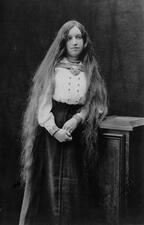
Havvah Shapiro
“Our literature lacks the participation of the second half of humanity.” Thus proclaimed the Hebrew writer Hava (Eva) Shapiro (1878-1943) in her 1909 feminist manifesto, the first ever in the Hebrew language. She was the most prolific female Hebraist of her era to remain in the Diaspora and the first woman ever to have kept a diary in Hebrew.
She'erit ha-Peletah: Women in DP Camps in Germany
Family played an important role in the lives of Holocaust survivors in DP (displaced persons) camps – in 1947, the birth rate in DP camps was one of the highest in the world. Women served as teachers and eager students, and they were active in the effort to open immigration to Palestine.

Judith Sheindlin
For two and half decades, former New York family court Judge Judith Sheindlin has riveted daytime viewers, racked up awards, and sold thousands of books to people hungry for the tough love of a tough Jewish mother. Millions of viewers who watch Judge Judy every day are treated to many Yiddish words and wisdom the jurist uses on a parade of deserving participants who enter her TV studio courtroom.

Amy Sherman-Palladino
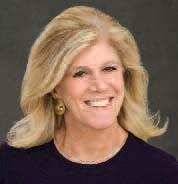
Lynn Sherr
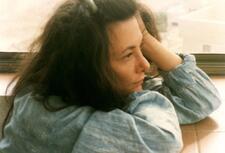
Vicki Shiran
Vicki Shiran was an Egyptian-born Israeli social activist dedicated to feminism, anti-occupation activism, and fighting discrimination against Mizrahim in Israel, all of which she viewed as interconnected. In 1999 she helped found Ahoti, For Women in Israel, which promoted the labor rights of lower-class women in Israel, and in 1981 she led a fierce fight against the Israel Broadcasting Authority for its exclusion of Mizrahim in its telling of the history of the Israeli state.
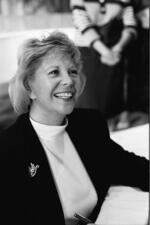
Dinah Shore
Dinah Shore, the quintessential American girl, was both America’s sweetheart in the 1940s and 1950s and a leading example of an independent woman in the 1970s. Her career as a singer and actress spanned over forty years and included stints on the radio and in the movies. Shore won nine Emmys, a Peabody, and a Golden Globe.
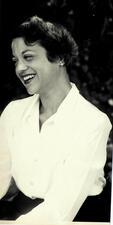
Wilma Shore
Wilma Shore was a writer and teacher most active between the 1940s and the 1960s. She lived at various times in Los Angeles and New York City, settling finally in New York City. Involved with left-wing political activity, she and her husband were blacklisted during the House Committee on Un-American Activities hearings.
Rose Shoshana
Rose Shoshana began her acting career in the Yiddish theater world, playing Manke in Got fun Nekome in 1908. She went on to perform across Europe, America, and Asia. When she arrived in New York in 1946, she began a career as a novelist, writer, translator, and journalist at the Forverts.
Lillie Shultz
Lillie Shultz poured her boundless energy into all aspects of her life. She was a journalist, a Zionist, a champion of the oppressed, a skilled administrator, and a businesswoman.
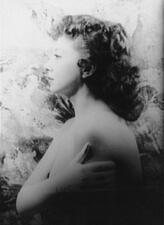
Beverly Sills
Beverly Sills was a trailblazing opera singer who, after a robust singing career at the New York City Opera Company (NYCO) and the Metropolitan Opera House, became the first female director of the NYCO, and the first female chair of the Lincoln Center board. Sills defied the odds in her career accomplishments while raising two children with disabilities and being actively involved with several charitable organizations.
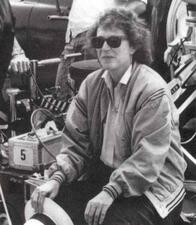
Joan Micklin Silver
Award-winning director and screenwriter Joan Micklin Silver, born in 1935 in Omaha, Nebraska, wrote and directed the 1975 barrier-breaking independent film Hester Street, which sparked an interest in the lives of immigrant Jews. She also directed Crossing Delancey (1988), five other feature films, and several films for television.
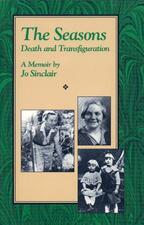
Jo Sinclair
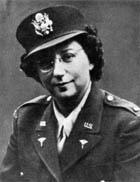
Frances Slanger

Jenny Slate
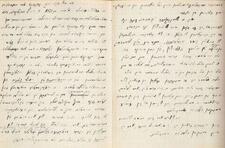
Cecila Slepak
Cecilia Slepak, a journalist and translator, was a member of the Oneg Shabbat group, which was vital in collecting records and interviews about life in the Warsaw Ghetto. She focused in particular on the lives of women in the ghetto as they struggled to survive.
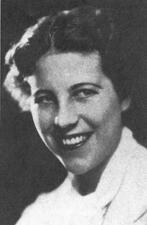
Tess Slesinger
Novelist and Hollywood screenwriter Tess Slesinger was born in New York on July 16, 1905. She published several works, including: The Unpossessedand Time: The Present. Slesinger died of cancer at age thirty-nine before the premiere of one of her final works, the acclaimed A Tree Grows in Brooklyn.
Mollie Slott
During a 56-year tenure with the Chicago Tribune-New York Daily News Syndicate, Mollie Slott guided the daily operation of a nationwide news distribution service that, in addition to the comics, included columns of advice, sports, politics, and serialized fiction.
Chava Slucka-Kesten
Chava Slucka-Kesten started teaching in Warsaw before World War II and continued her career through the war in Moscow. After the war she became an author and sustained her political involvement. Writing from the perspective of a politically engaged woman, Slucka-Kesten offers a unique glimpse into pre- and post-war Jewish life in Poland’s cities and villages, as well as into the early years of the State of Israel.
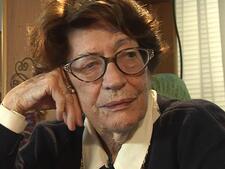
Michal Smoira-Cohn
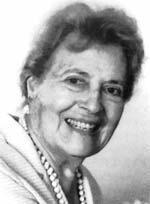
Virginia Snitow
Virginia Levitt Snitow was a multifaceted woman who was a teacher, political activist, pre-Second Wave feminist, poet, writer and founder of US/Israel Women to Women. Ahead of her time in the fight for both civil and women’s rights, Snitow was unafraid to take unpopular stances when fighting for others.
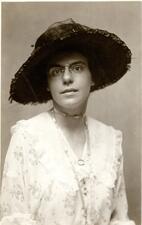
Emily Solis-Cohen
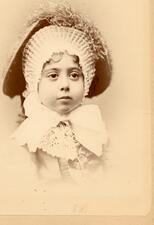
Judith Solis-Cohen

Rebecca Solnit

Joey Soloway
Activist, director, and creator of groundbreaking and critically acclaimed series such as Transparent, I Love Dick, and others (and writer for series such as Six Feet Under and United States of Tara), Joey Soloway (previously known as Jill) is also a social activist, considered one of the strongest advocates for women, queer, and nonbinary identities in Hollywood. Soloway identifies as nonbinary, and Judaism, feminism, and modern Jewish culture are resonant themes in their work.


